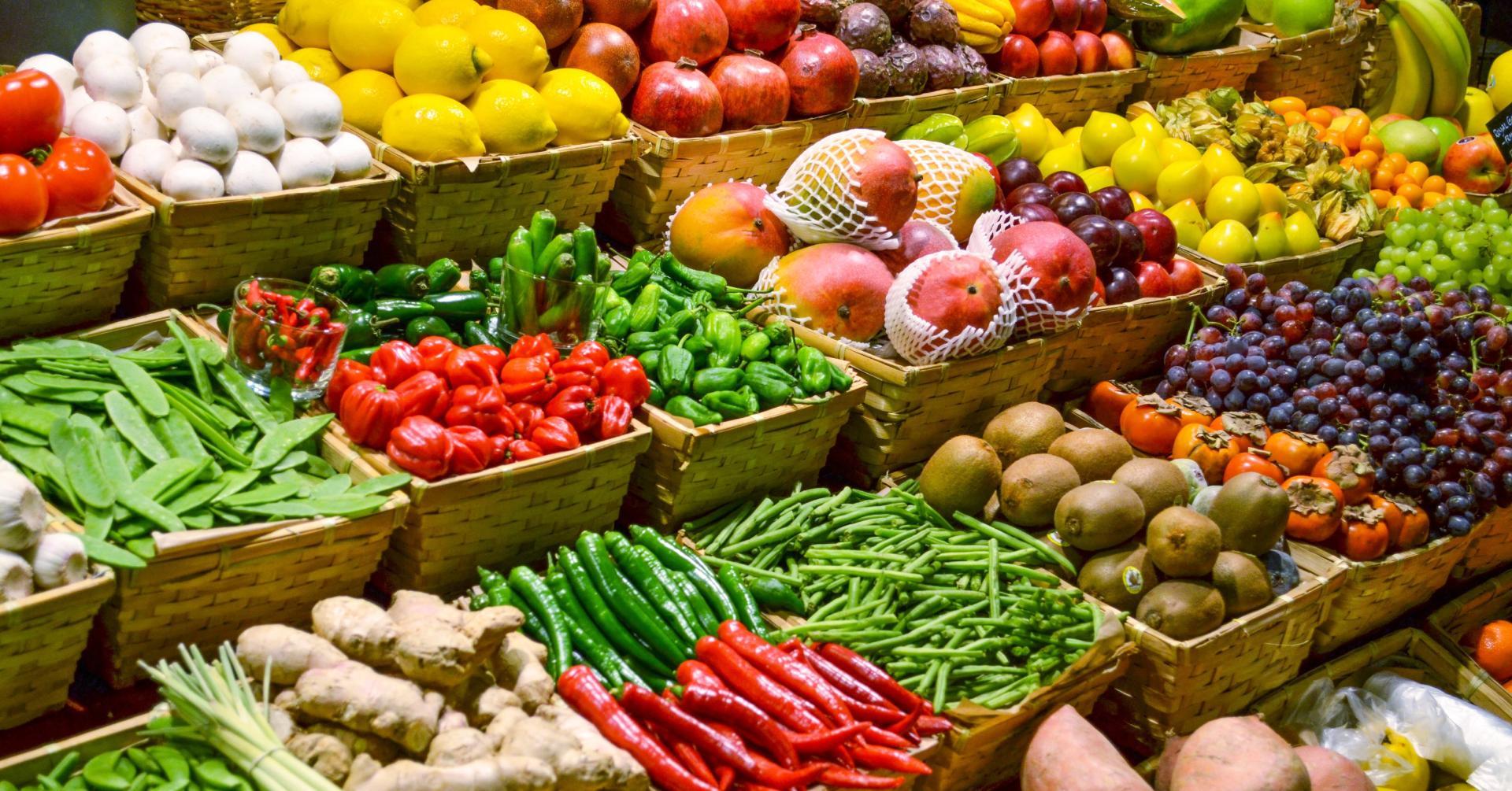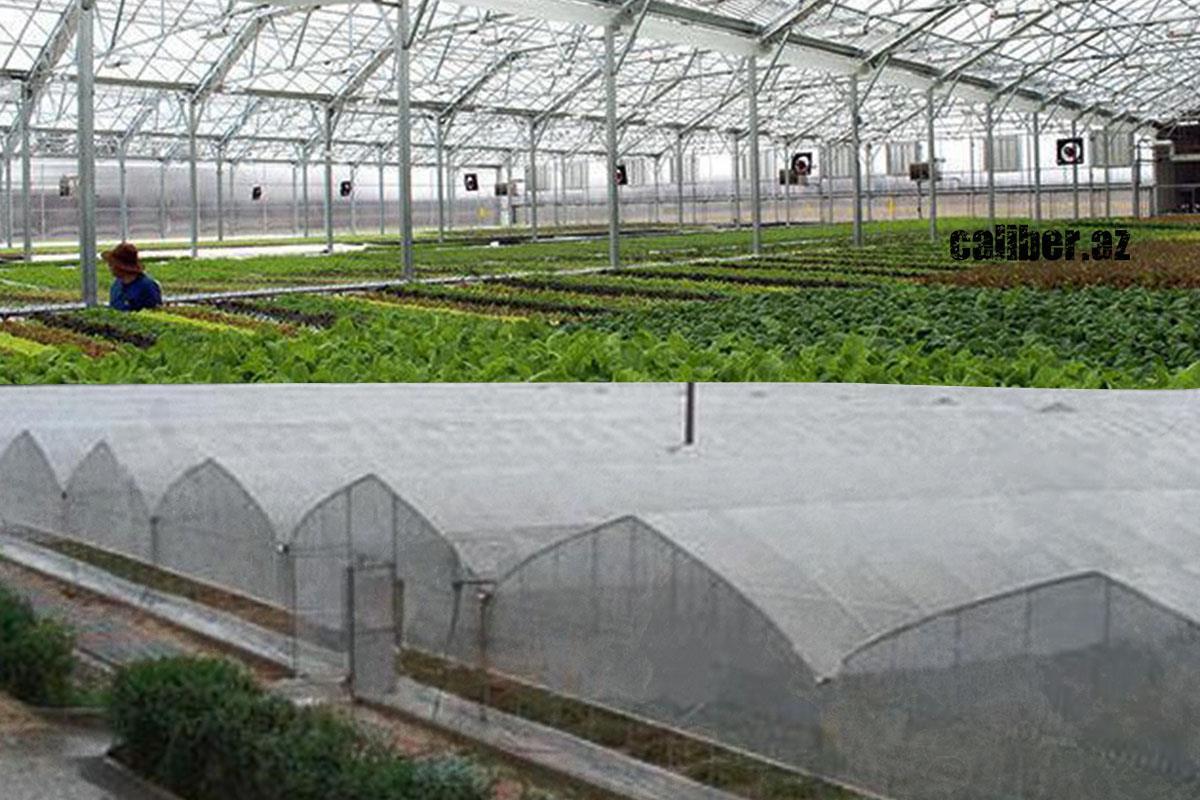Investing on agricultural cluster: Baku,Tashkent's new roadmap Analysis by Caliber.Az
Since the autumn of last year, the member countries of the Organisation of Turkic States (OTG) have held a number of summits and ministerial meetings aimed at strengthening business cooperation and reaching long-term agreements in trade and transport partnerships. The next step for the Turkic business circles was to strengthen cooperation in the agricultural sector. A set of issues related to this industry was discussed during the first meeting of the agriculture ministers of the OTG countries, which ended recently in Tashkent. The most important outcome of the forum was the signing of a roadmap for cooperation in the field of agriculture between Azerbaijan and Uzbekistan.
A series of global crises – pandemic, fuel and raw materials, food, and with the outbreak of the war in Ukraine, transport and logistics also affected the entire Eurasian region to one degree or another. Recently, this negativity has prompted Türkiye and the allied states in Central Asia and the South Caucasus to build new platforms for expanding business cooperation in order to minimize external risks and strengthen food security. The beginning of this process was laid in November last year at the Istanbul Summit when the priorities of the Development Concept of the Turkic-speaking countries until 2030 were outlined and the basic economic directions optimal for expanding business cooperation were determined. First of all, it was about improving the efficiency of regional transport and logistics corridors, eliminating barriers to cross-border commerce, introducing preferential trade mechanisms, as well as expanding investment partnerships and other measures that contribute to the sustainable development of the region as a whole.
The most important area of regional cooperation is the sphere of agriculture, and this topic was thoroughly discussed for the first time during the activity of the Organisation of Turkic States in Tashkent at the first meeting of the agriculture ministers of the CIS countries. A meeting of the working group on cooperation in the field of agriculture was also held in the capital of Uzbekistan, followed by an Agroforum of the Turkic states, where meetings were held in the B2B format. These events were attended by delegations from Türkiye, Azerbaijan, Kyrgyzstan, Kazakhstan, Hungary and Turkmenistan, as well as observers from the Economic Cooperation Organisation (ECO). The Agroforum of the Turkic states, which brought together about 200 large manufacturing companies, discussed prospects for expanding economic cooperation in the field of agriculture, including the implementation of mutually beneficial joint projects, increasing trade in agricultural products and mobilizing investment.
"The idea of holding a meeting of agriculture ministers was put forward during the presidency of Azerbaijan. The holding of the first high-level meeting in an expanded format is a historic event for Uzbekistan," Uzbek Agriculture Minister Jamshid Khodjayev said. He stressed that the forum marked the beginning of the formation of an important regional profile platform through which Turkic-speaking countries can share their knowledge and experience in the field of agriculture, establish successful business cooperation, and jointly introduce advanced technologies in agriculture.
And apparently, the first pancake was not a lump. The most important outcome of the Tashkent Forum was the signing of a roadmap for cooperation in the field of agriculture between Azerbaijan and Uzbekistan. The document reflects plans for the exchange of experience in the field of agricultural insurance, digitalisation of agriculture, mechanisms of state support for agricultural sectors, the creation of a joint sericulture enterprise and a number of other areas.
Speaking at the meeting, Azerbaijani Agriculture Minister Inam Karimov noted that Azerbaijan is making great efforts to achieve a sustainable transformation of the agro-food system.
"The digital transformation of the agricultural sector and innovative solutions, the introduction of green energy are the main principles of creating a sustainable national food system, and this practice is recognised by relevant international organizations as one of the best in the world. In Azerbaijan, more than 500,000 farmers use digital agricultural services and state support through an electronic information system. Azerbaijan is ready to share this experience with the member countries of the Organisation of Turkic States," Karimov said.

What Azerbaijani-Uzbek agricultural projects are planned to be implemented within the framework of the agreements reached and what is the overall prospect of cooperation in this area? Within the framework of the agreements reached in Tashkent, it is planned to create a joint venture with Uzbek partners, and the rich experience of the neighbouring country in the development of the entire industry chain will be implemented. It should be noted here that in recent years the development of sericulture in Azerbaijan has mainly been based on cooperation with China, from where grain, mulberry seedlings, technological equipment, etc. were supplied. Accordingly, cooperation with Uzbekistan will diversify the development of the industry, increasing its competitiveness. Sericulture is one of the most developed agricultural industries in Uzbekistan, this republic has accumulated a wealth of experience in processing cocoons, has access to technologies for breeding productive breeds and hybrids of silkworms, and seedlings of mulberry varieties resistant to adverse climatic conditions are available.
Investment and technological cooperation between the two countries in the field of cotton production and processing, where Uzbekistan is clearly a leader in the Central Asian region, is no less significant. In particular, the Uzbek company PAHTAMASH, the largest producer of cotton cleaning equipment in the region, plans to build a cotton primary processing plant in Azerbaijan, as well as to assist in the training of highly qualified personnel in the cotton industry. In the future, PAHTAMASH is ready to equip the factories that are planned to be built in the Karabakh region with its equipment. The agricultural departments of the two countries agreed on coordination on food security issues, and exchange of experience in the scientific and technical sphere, including in the field of cotton growing. Thus, within the framework of the agreements, Uzbekistan transfers seeds of highly productive varieties of cotton to our country, in turn, Azerbaijan assists in providing partners with seedlings of high-yielding varieties of hazelnuts and training Uzbek specialists in the appropriate profile.

Azerbaijan is also ready to share its own unique experience in the field of digitalisation of agriculture with Uzbek colleagues. In particular, we are talking about the automated information system "Electronic Agriculture" (EKTIS) created by the Agriculture Ministry. The electronic database of the system (BigData) provides a clear picture of the volume and structure of crops grown, and crop forecasts, allowing farmers to be informed about the current supply and demand, helping to choose the most promising and profitable crops in a particular season. The EKTIS mechanism has also played an unprecedented role in restoring order in the sphere of subsidizing about half a million farmers, strengthening control and ensuring transparency in this process. Farmers also receive a yield forecast on their site and a lot of other useful information. The mechanism of preferential lending to farmers, as well as the system of agricultural insurance, the effectiveness of which has increased markedly over the past three years, is based on the transparent and informative base of EKTIS.
Azerbaijan also has developments in the field of "green" energy-saving technologies, the production of biogas from compost, accumulated experience in the introduction of automated systems of economical irrigation and IT technologies in the work of artesian wells, the installation of GPS sensors for harvesting equipment, the use of IoT systems (Internet of Things) and telemetry systems in "smart" greenhouses and agricultural complexes. All this experience of using high technologies in the field of agriculture, if necessary, can be implemented in Uzbekistan.








